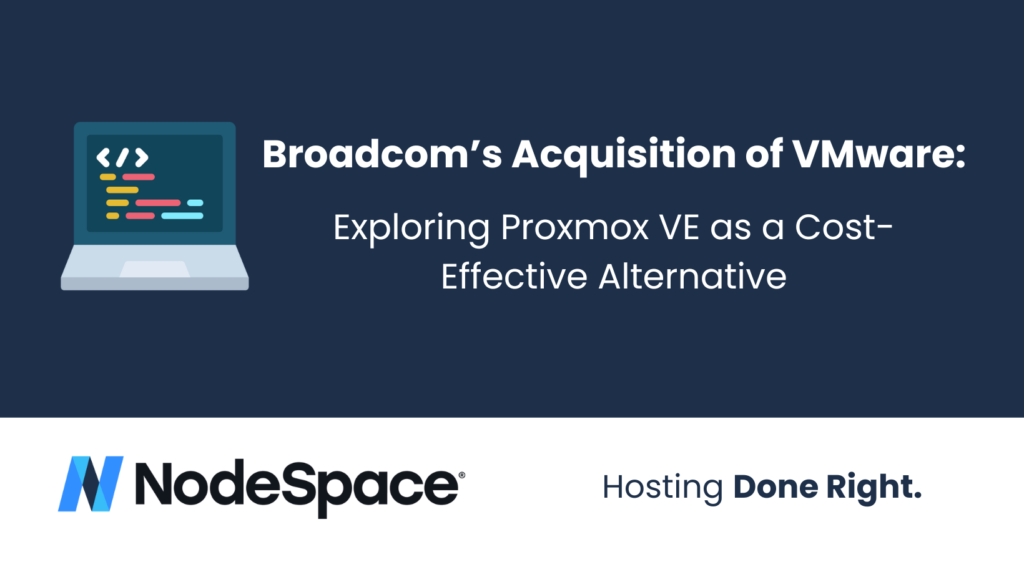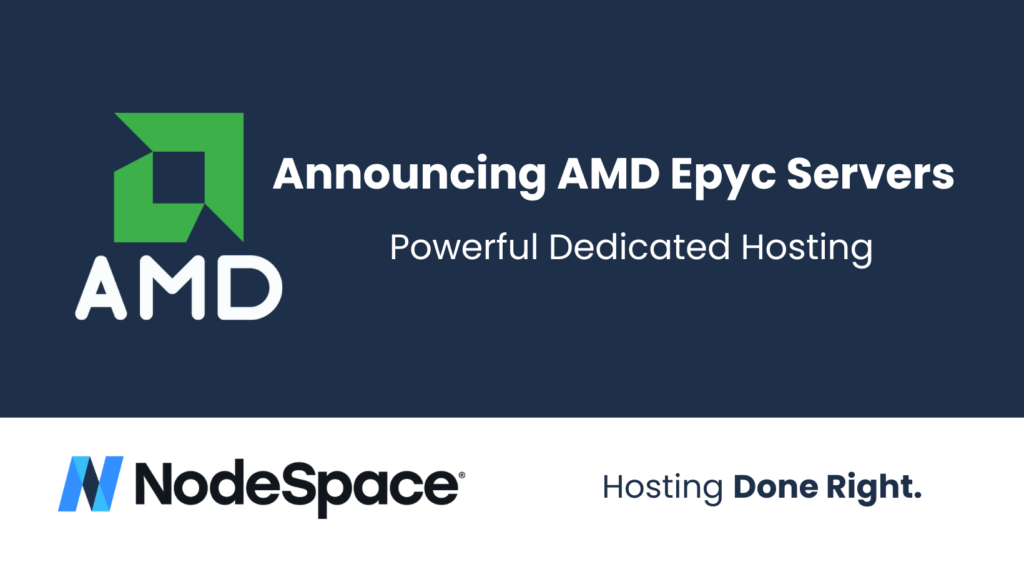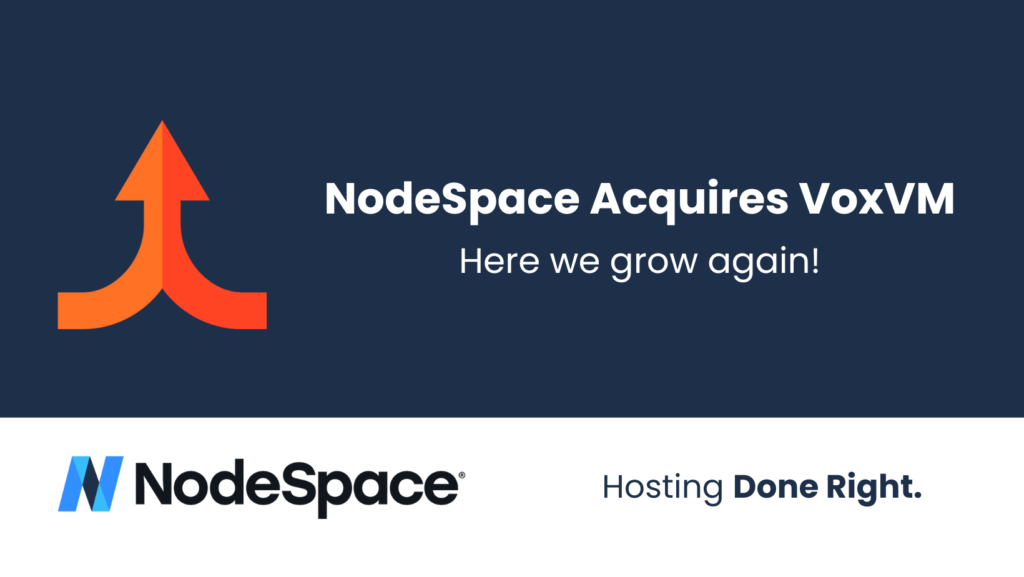Introduction
Broadcom’s recent completion of the $69 billion acquisition of VMware, a giant in the virtualization and cloud computing space, has created ripples in the tech industry. This acquisition, one of the largest in the tech sector, raises concerns about potential changes in licensing costs and corporate strategies. As a response, many businesses and IT professionals are exploring alternatives, with Proxmox VE emerging as a noteworthy option. In this blog post, we’ll delve into the implications of Broadcom’s acquisition and evaluate Proxmox VE as a cost-effective alternative to VMware.
Broadcom’s Acquisition of VMware
Background
Broadcom, known for its semiconductor and infrastructure software solutions, has expanded its reach into the software domain with the acquisition of VMware. VMware, a leader in cloud computing and virtualization technologies, has been at the forefront of enterprise IT infrastructure for years.
Implications
The acquisition by Broadcom could lead to significant changes in VMware’s operational dynamics, product offerings, and, most crucially, its licensing models. Historically, such large-scale acquisitions often result in a restructuring of pricing strategies, which might lead to increased costs for end-users.
Exploring Proxmox VE as an Alternative
What is Proxmox VE?
Proxmox VE (Virtual Environment) is an open-source server virtualization management platform. It’s known for its ability to manage virtual machines, Kubernetes clusters, and storage all in one integrated solution. Unlike VMware, Proxmox VE is free to use, with paid support options available for enterprise users.
Comparing Proxmox VE and VMware
Cost-Effectiveness
Proxmox VE’s biggest advantage over VMware is its cost. Being an open-source solution, it is free to download and use, with the option to purchase support. In contrast, VMware’s licensing costs, especially with potential increases post-acquisition, can be a significant investment for businesses.
Features and Usability
While VMware offers a more polished experience with a comprehensive feature set, Proxmox VE is not far behind. It offers robust functionality, including support for multiple virtualization technologies (KVM and LXC), a web-based management interface, and advanced features like high-availability clusters, backup, and restore.
Community and Support
Proxmox VE has a strong community and offers commercial support, making it a reliable option for enterprise environments. However, VMware’s established market presence and extensive support network are unmatched.
Potential Challenges in Migrating to Proxmox VE
Transitioning from VMware to Proxmox VE can present challenges, including compatibility concerns, the need for staff retraining, and potential downtime during migration. However, these challenges can be mitigated with careful planning and execution.
Conclusion
As Broadcom completes its acquisition of VMware, the future of VMware’s licensing costs remains uncertain. In this context, Proxmox VE stands out as a viable, cost-effective alternative for those seeking to reduce expenses without significantly compromising on functionality. While each organization’s needs are unique, the shift towards open-source solutions like Proxmox VE could be a strategic move for many in the evolving landscape of virtualization technology.
Final Thoughts
The acquisition of VMware by Broadcom is a pivotal moment in the tech industry. It serves as a reminder of the dynamic nature of the sector and the importance of staying adaptable. For organizations, exploring alternatives like Proxmox VE could be a step towards greater operational efficiency and cost-effectiveness. As the dust settles on this significant acquisition, only time will tell how the market will adapt and evolve.



